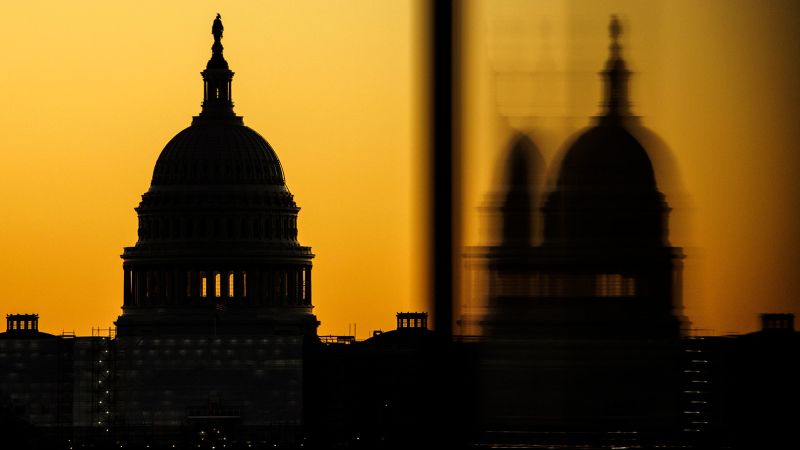Key takeaways:
- The resolution passed with a 51-49 majority, with 33 Democrats joining all Republicans in voting for the rollback.
- The resolution has divided Democrats and highlighted the difficult balance the party is attempting to strike.
- The resolution has sparked debate over the role of Congress in local affairs, and the ability of the District of Columbia to make its own decisions.
On Wednesday, the Senate passed a resolution to roll back a controversial criminal code overhaul in Washington, D.C. The resolution passed with a 51-49 majority, with 33 Democrats joining all Republicans in voting for the rollback. The resolution will now go to President Joe Biden, who has said he intends to sign it into law.
The resolution has divided Democrats and highlighted the difficult balance the party is attempting to strike as Republicans accuse them of failing to tackle the issue of crime. Biden’s announcement that he would not veto the resolution surprised and upset members of his party, as many believe Congress should not interfere in the political affairs of the district.
The resolution is a stunning reversal for a Democratic Party that has repeatedly stated its support for D.C. statehood and home rule for the district’s more than 700,000 residents who lack voting representation in Congress. The vote was overwhelmingly in favor of overturning the district’s crime law, despite the Democratic Party’s support for D.C. statehood.
The resolution has sparked debate over the role of Congress in local affairs, and the ability of the District of Columbia to make its own decisions. It remains to be seen how the rollback will affect the district’s criminal justice system, and whether it will lead to an increase in crime.



Be First to Comment